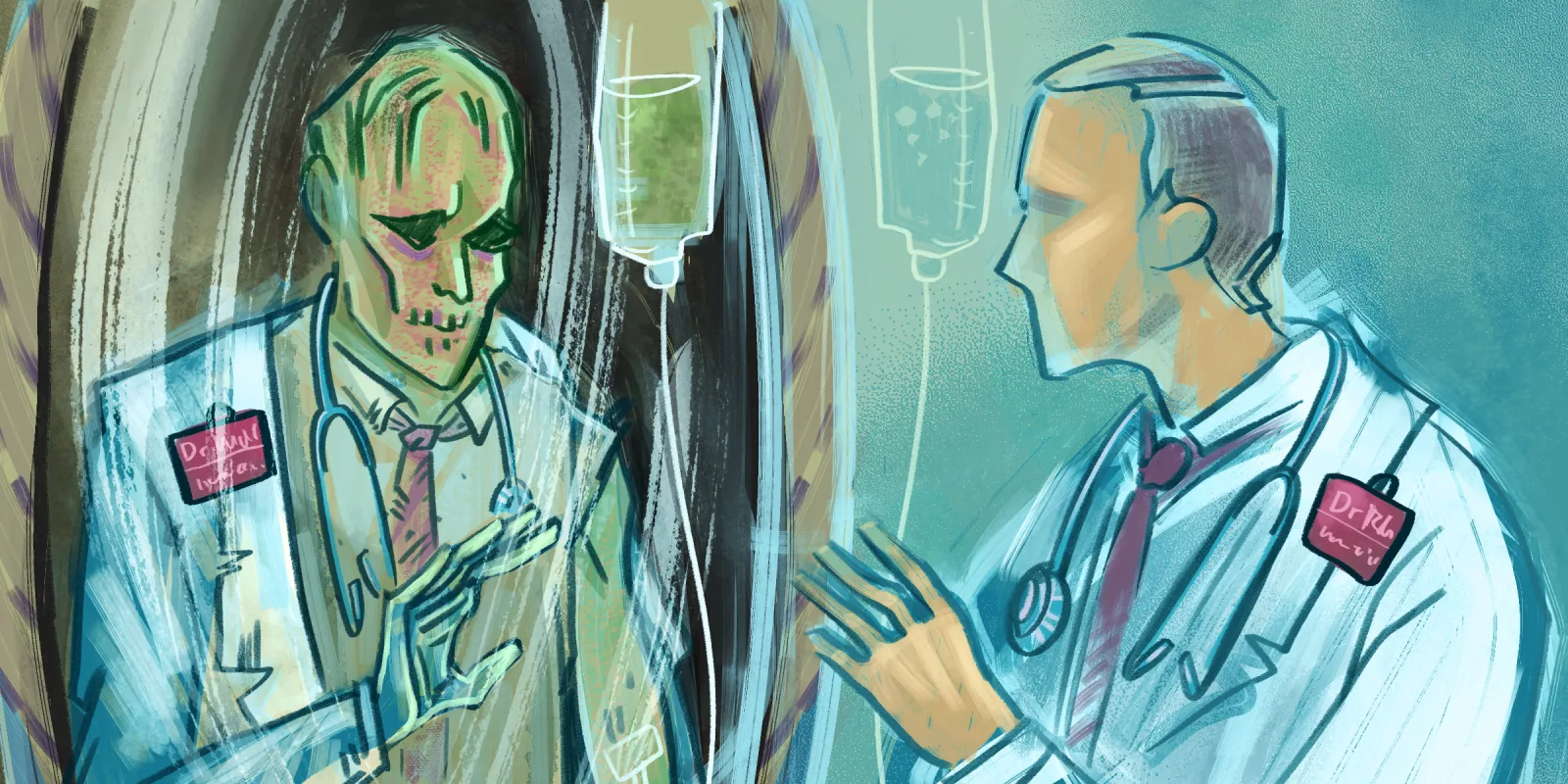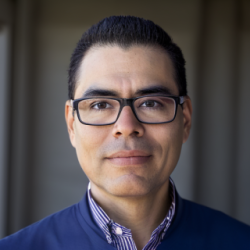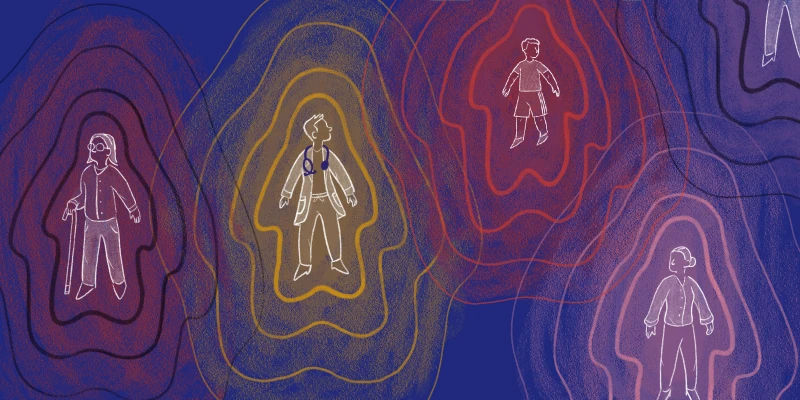At the American Academy of Orthopaedic Surgeons 2024 Annual Meeting in San Francisco, orthopaedic surgeons from around the world gathered to discuss the latest surgical techniques and innovations in the field. In addition to the surgically focused educational content, sessions were geared toward practice management. One session in particular focused on a unique topic not often discussed, entitled “When the Physician Becomes the Patient: Lessons for Work, Life, and Leadership.” In this instructional course lecture, a panel of surgeons shared their experiences with illness or injury and discussed how they navigated the challenges of being away from, and returning to, a demanding surgical practice.
Orthopaedic surgeons spend their time helping patients with injury or disability, but they are not always well equipped to deal with medical events in their own lives. In addition to the stresses faced by anyone with illness or injury, the pressures of a physically demanding job as a surgeon can make this a uniquely challenging issue. Furthermore, there are numerous patients and staff members who may rely on surgeons to provide care, leadership, and even employment. But what happens when something happens to the surgeons?
Dr. Robin West, a sports medicine surgeon at Inova Health Systems and Lead Team Physician for the Washington Nationals, shared her harrowing experience during a cycling accident that left her with substantial injuries requiring her to be on crutches for months after her treatment. In discussing her recovery, she highlighted the importance of securing disability insurance early, a priority that many young surgeons may overlook early in their careers. She emphasized the roles of both short-term and long-term disability, underscoring the need for occupation-specific disability insurance among orthopaedic surgeons. Many surgeons may not consider disability insurance until they need it, which can exacerbate anxiety when faced with an already stressful medical situation.
Dr. Christopher Bono, Vice Chair of the Department of Orthopaedic Surgery at Massachusetts General Hospital and Executive Program Director of the Harvard Combined Orthopaedic Residency Program, shared his story of diagnosis and return from lymphoma treatment to illustrate how department leadership can support staff members undergoing recovery from injury or illness. He stressed the importance of department leadership understanding from the physician/patient, “who do you want to know about this,” and then tailoring communication and steps based on the surgeon’s preference. He discussed how to address coverage for work responsibilities, salary, and finances, and even the emotional challenges that may persist long after returning to work, providing clinicians and leaders with tools on how to assist their employees through such challenges while maintaining workflow.
Dr. Mary Lloyd Ireland, Professor of Orthopaedic Surgery at the University of Kentucky, shared her story and the personal considerations that arise during treatment for an illness. She emphasized the importance of building a "home court advantage" by actively choosing a care team, as well as the role that friends and colleagues played in maintaining her mental and emotional well-being during treatments. She also provided tips for wellness and lifestyle changes that can be important considerations for those undergoing recovery from injury or illness, noting her improved outlook on life and increased empathy for her patients as a result of her experience.
From their perspectives as patients, these surgeons emphasized the important roles of their colleagues in their journeys to recovery. Despite being accustomed to caring for patients, many physicians often feel uncomfortable or unsure of what to say when their colleagues are in these situations. Simple gestures such as checking in without necessarily seeking answers, offering assistance with work coverage or daily tasks, or providing moral support during the return to the OR can make a significant difference.
The heartfelt discussion that followed the course highlighted the fact that many surgeons experience such challenges, yet they are not often openly discussed. This course provided insight into how a physician can navigate health-related emergencies and how colleagues can offer support during such events. Normalizing these challenges through open discussion can help build a supportive infrastructure within the field. Through sharing stories and lessons learned, surgeons can continue to improve how they support each other as leaders, colleagues, and friends.
What helped you most when you were out of work due to injury or illness? Share in the comments.
Dr. Miho Tanaka is director of the Women's Sports Medicine Program at Massachusetts General Hospital and faculty at Harvard Medical School.
Illustration by April Brust







